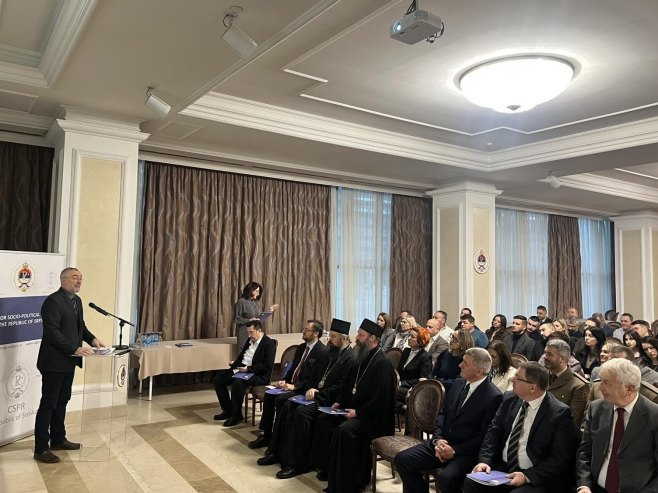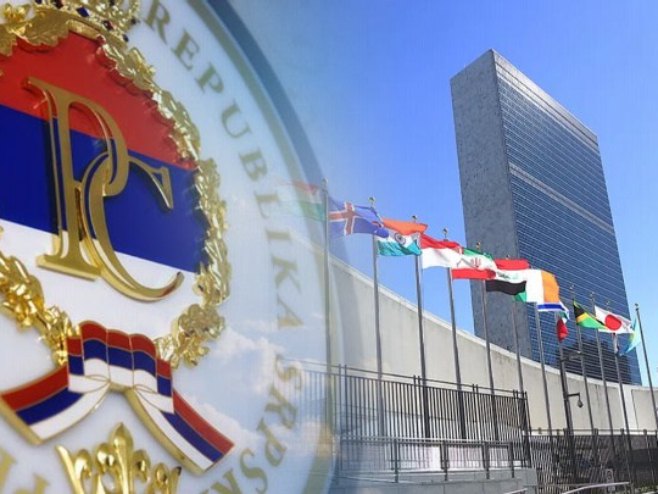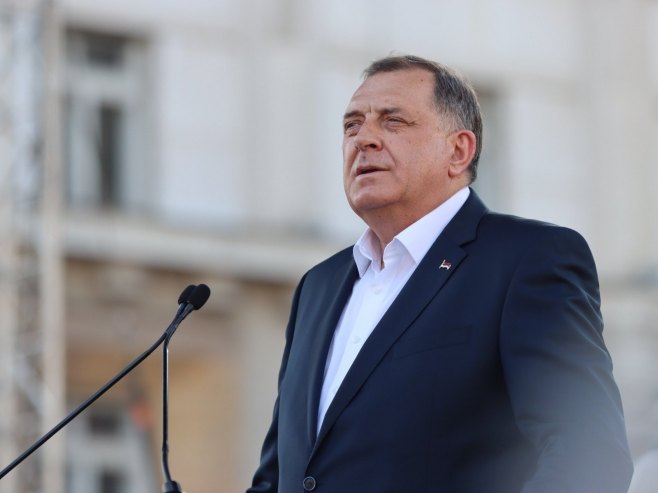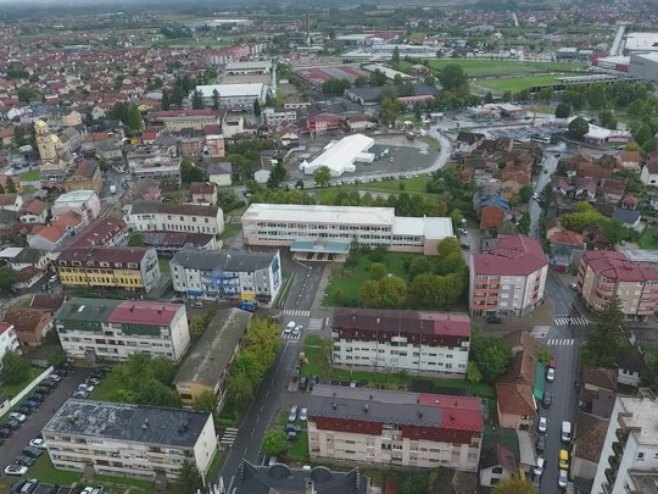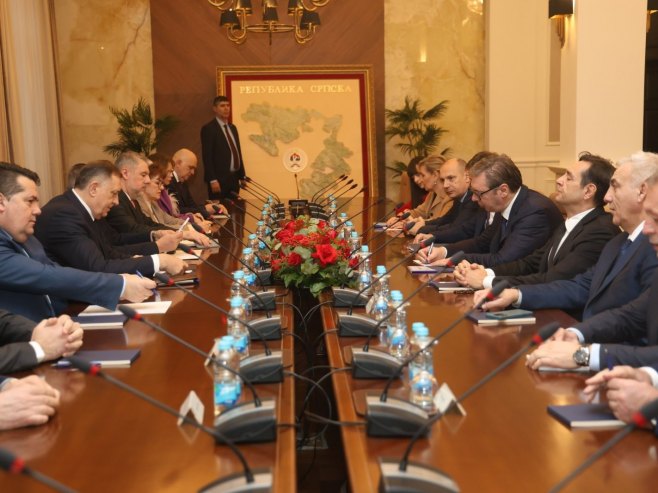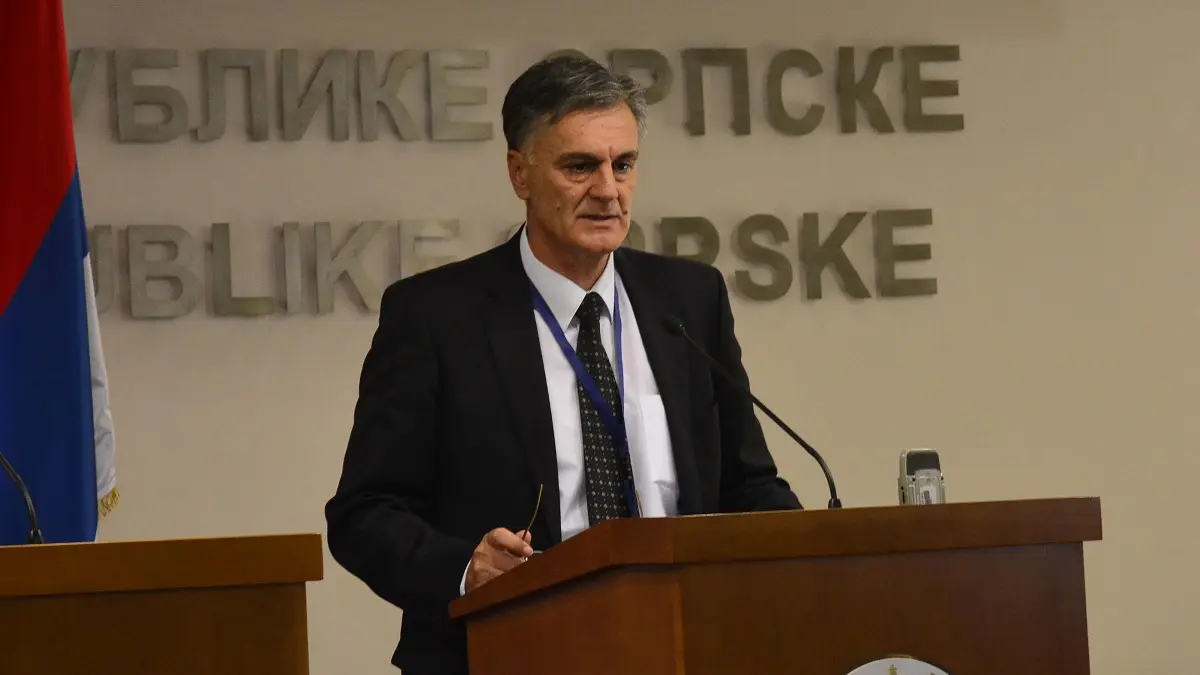Bosnia and Herzegovina is experiencing a deep political crisis due to the unlawful and reckless actions of retired German bureaucrat Christian Schmidt, who is unlawfully assuming dictatorial powers over BiH. This is one of the key messages of the 33rd Report of Republika Srpska submitted to the United Nations Security Council.
It is emphasized that Srpska continues to insist on the consistent implementation of the original Dayton Peace Agreement, as well as the BiH Constitution, and has absolutely no plans for secession, contrary to Schmidt’s claims.
On Tuesday, May 6, during the UN Security Council’s biannual debate on the situation in BiH, the Serb member and Chairwoman of the BiH Presidency, Željka Cvijanović, is expected to address the session.
The 33rd Report, submitted by the Government of Republika Srpska to the UN Security Council, underscores the importance of respecting the letter of the Dayton Agreement, restoring competencies that rightfully belong to Republika Srpska under the BiH Constitution, and enabling internal dialogue between legitimately elected representatives—without foreign impositions. The document notes that for years, in coordination with foreign actors and political Sarajevo, there has been an effort to create a unitary BiH dominated by Bosniaks.
“Republika Srpska believes that the current political crisis in BiH can only be resolved through dialogue, in good faith, among the leading political representatives of all three constituent peoples, with the foundation of negotiations being acceptance of the Dayton Agreement, including the BiH Constitution. Judicial institutions in BiH, which should uphold the rule of law, are under foreign influence and consistently ignore the obvious unconstitutionality of governance by decree and the centralization of competencies in Sarajevo,” stated the Government of Republika Srpska.
Christian Schmidt has also submitted a new report—but it tells the same story, with new accusations against Republika Srpska. After sending his report to New York, in which he even complained that the annual OHR budget of nearly 6 million euros is insufficient, Schmidt appeared on Sarajevo media, threatening to use so-called Bonn Powers.
“We are no longer in the era of Paddy Ashdown, but I have all the tools at my disposal, and I will use them if I deem it necessary,” Schmidt said.
Those same media often host opposition representatives from Republika Srpska. Their rhetoric is not much different from Schmidt’s. The chair in which Schmidt sat hadn’t even cooled before SDS’s Marinko Božović took his place. Like Schmidt, he blamed the political crisis in BiH on President Dodik and Republika Srpska.
“Things need to be completely turned upside down. We must start with people who are willing to live in this country and who have no alternative, rather than those who are building a state here with different intentions,” said Marinko Božović, mayor of East Ilidža.
Such synchronized accusations are nothing new. Staša Košarac, Deputy Chairman of the Council of Ministers and a member of the SNSD, stated that the accusations claiming Republika Srpska is advocating unconstitutional actions are an outright lie, and that the main cause of the crisis in BiH is Christian Schmidt himself.
“Is there any difference between the statements of PDP, SDS, or Vukanović officials and those made by Schmidt, Konaković, Helez, or whoever else? They’re all the same. It’s a full synergy of political actions aimed at continuing to portray Republika Srpska as the villain, while Republika Srpska upholds the letter of the Dayton Agreement and the BiH Constitution,” Košarac said.
Lawyer Goran Petronijević reminded that Christian Schmidt has no legitimacy from the UN Security Council and no authority in BiH, stressing that Schmidt has lost political credibility in the international community.
“Everyone else knows this is a form of very serious destabilization in BiH and the Balkans. If there is a person who is destructive to peace, understanding, coexistence, and cooperation in this region, it is Christian Schmidt,” Petronijević said.
The greatest challenge for BiH and Republika Srpska is the attempt to unitarize BiH, believes Dr. Nina Sajić of the Faculty of Political Sciences in Banja Luka.
“This is primarily a challenge for Republika Srpska, of course, but also for BiH itself, because such attempts will only lead to further disintegration, and possibly even to a final crisis that could threaten the very existence of BiH,” added Sajić.
As a reminder, the United Nations Security Council will hold a biannual debate on the situation in BiH on Tuesday, May 6. It is expected that the session in New York will also address the EUFOR Althea mission, whose mandate expires on November 1.
Source: RTRS

